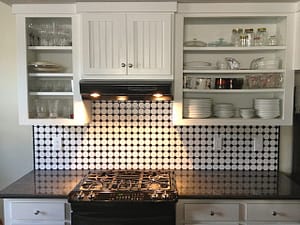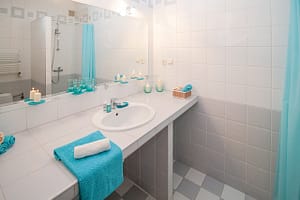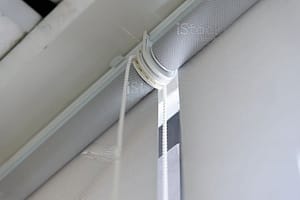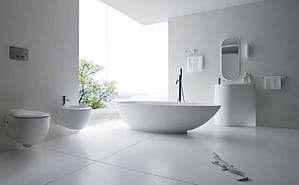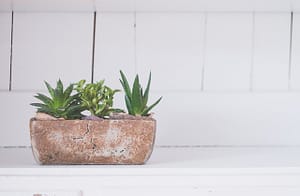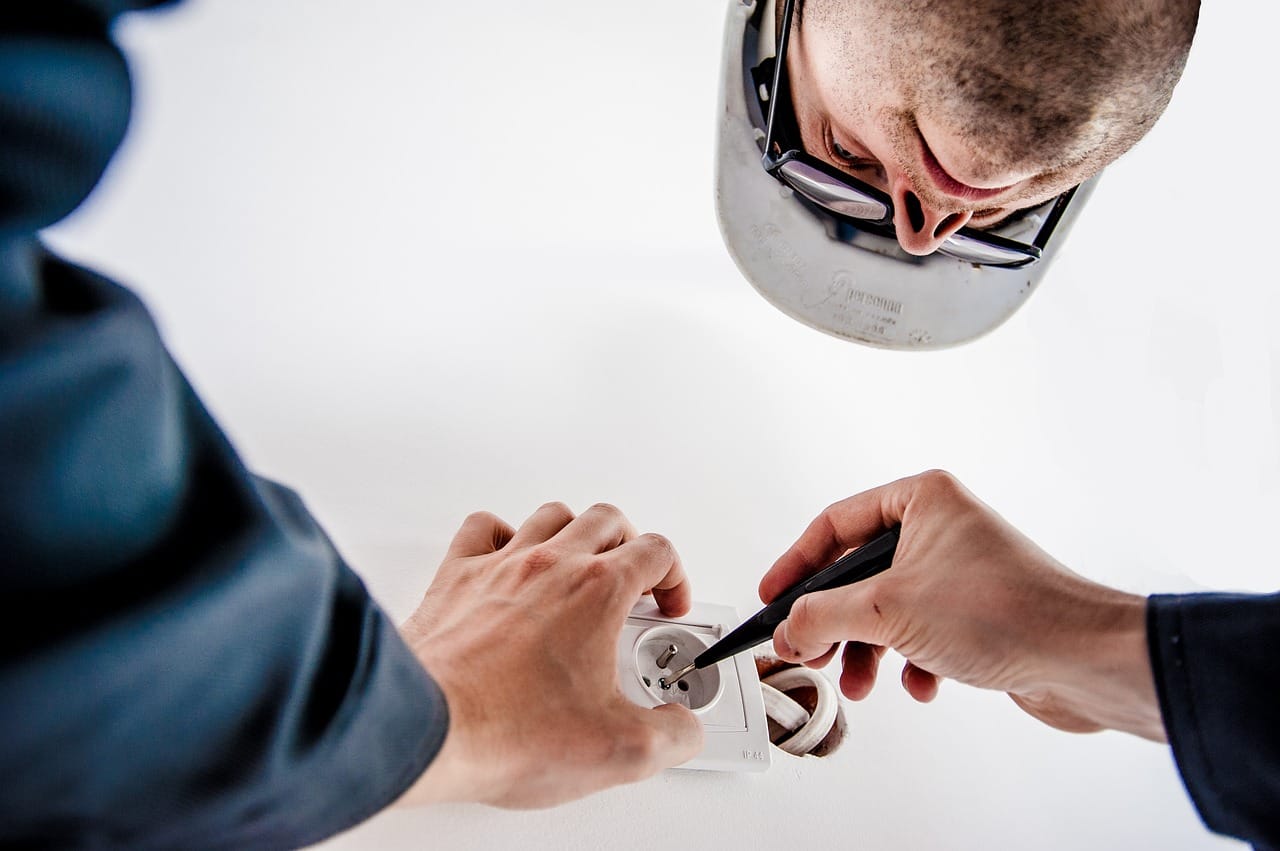
Safety is no joke, especially at home. We might consider our home a safe and comfortable space but it presents many hazards that can cause us and other members of the family injury.
The electrical system is high on that list. The electricity that powers our homes are also a fire hazard and could cause us great harm if misused.
But there are safety habits and tips you can do to ensure no harm comes your way. Here are a few electrical safety tips every homeowner should know about.
1. Avoid Overloading an Outlet or Power Strip
This is a common occurrence at home and usually the cause of many electrical fires. Normally, one gadget or appliance should be plugged into an electrical outlet at a time but due to limited outlets available or there are simply too many equipment that need power, people tend to use an octopus plug, an extension cord, or power strip to power multiple electrical appliances.
Doing so could exceed the maximum power consumption and could become a fire hazard. It will also be bad for your appliances. Sharing an outlet could result in low power which could damage many components in an appliance.
2. Add Additional Outlets at Home
Power strips and extension cords are common items at home. Many use them to add more power plugs or to bring a power source closer.
So it might surprise many to learn that these are bad for your electrical system and for your home in general. These are the number one causes for people to trip and fall over causing injury and damaging the wire or outlet.
Power strips and extension cords are also one major reason why outlets get overloaded; too many appliances are powered by a single outlet resulting in a fire hazard.
If you find yourself using a power strip too often consider asking a professional electrician to add additional outlets at home.
3. Never Handle Electrical Appliances with Wet Hands
This goes without saying, water and electricity don’t mix well together. As young children, we were taught at home and in school to never handle electrical appliances when our hands are wet to avoid injury.
This message is worth repeating. Water is a good conductor of electricity and could lead to injury if you are exposed. Also, keep outlets away from water. Wipe spills immediately, especially if it is near a power outlet or power strip.
During accidental flooding at home, immediately switch off the main power to avoid any electric shock or short circuits when water gets into power outlets.
4. Replace Damaged Cords
It can’t be helped that power cords get damaged eventually either through being stepped on constantly or chewed on by vermin. Daily use of an appliance also does a number on the cord.
This is completely normal and acceptable. What is not acceptable is continuing to use a damaged cord. Once the insulation is gone, the wire is live and any contact with it is a cause for injury.
It is important that wires and cables should be checked regularly around the house. A small chip can be repaired with electrical tape but a big tear should be enough reason for you to head to your closest hardware store to get new cable or ask an electrician to replace it.
5. Educate
One way to prevent harm and accidents from happening at home is through education. Kids are especially prone to such electrical accidents.
They are curious and love to play with unknown items and when left unsupervised, they can end up playing with an outlet or an electrical appliance. Start educating children about the hazards of electricity.
Let them know that power outlets are dangerous and should not be played with, along with all the major appliances at home. Put away discarded led light or light bulbs and store them somewhere no children can reach, or better yet, throw them in the recycling bin.
If you’re using power-operated spy equipment that needs to be plugged in all the time, make sure to always keep the cords out of reach of children. Show them the proper way to plug into an outlet as well as removing it. Teach them to never handle gadgets and appliance with wet hands.

